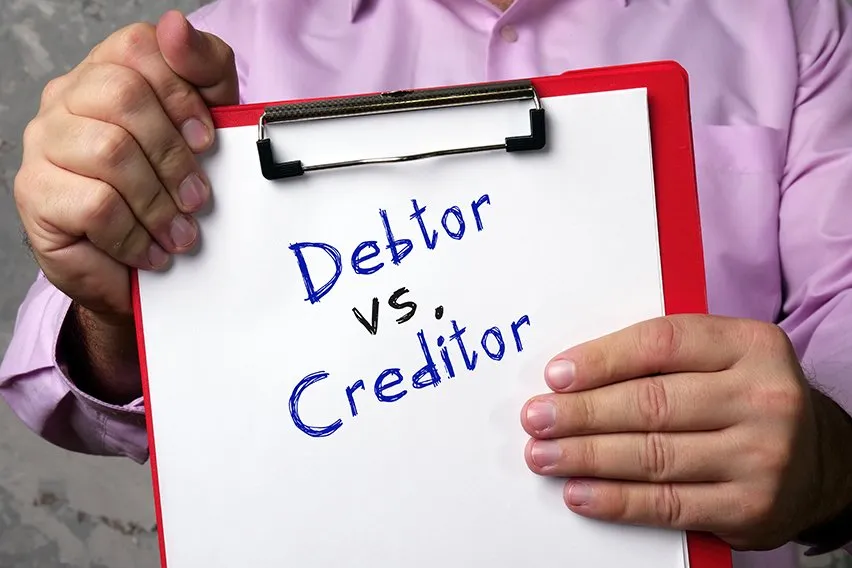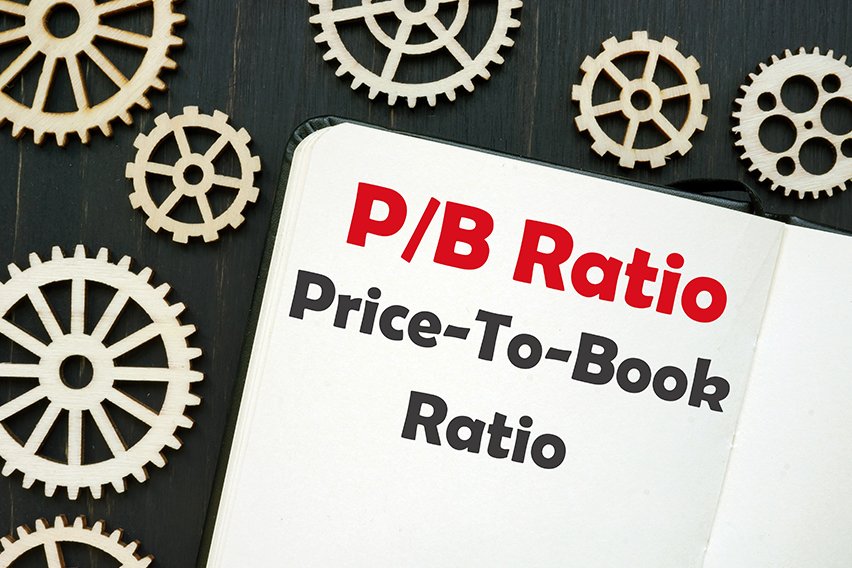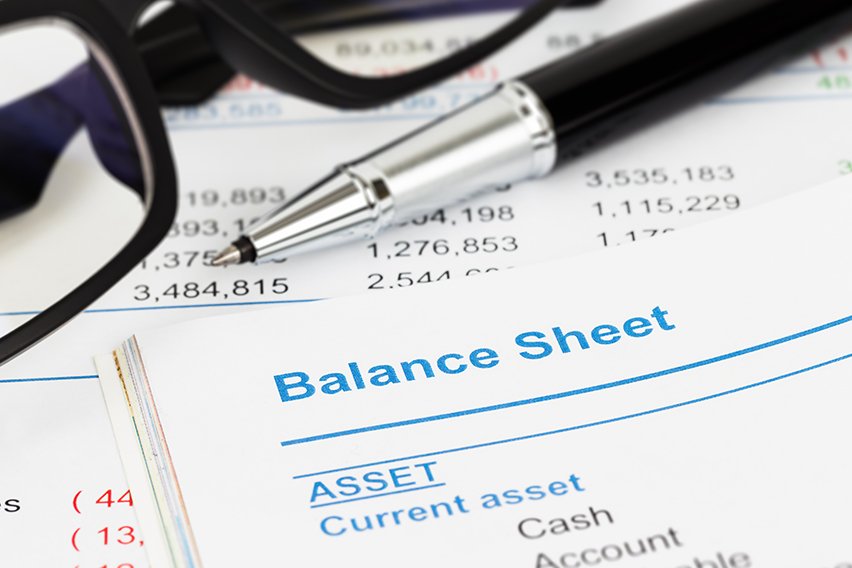What Are Debtors and Creditors? Understanding Their Differences

Do you know what your debtors and creditors are? If not, then read on. Debtors and creditors play a huge role in the overall performance of your business. They can make or break it. You need to understand them inside and out if you want to run a successful business. The basic principle is this. Creditors loan money to debtors. Debtors are required to repay that money in a specific amount of time. If they don’t repay on time, creditors hire or become collectors to get the money back.
This article will discuss all you need to know about debtors and collectors. This will include what they are, their similarities and differences and much more!
Here’s What We’ll Cover:
What Are Debtors and Collectors?
What Is The Difference Between a Debtor and a Creditor?
Similarities Between Debtors and Creditors
Who Are the Debtors and Creditors of a Bank?
Are Creditors an Asset or Liability?
What Are Debtors and Collectors?
Debtors
Debtors are people or companies that owe you money. They are also known as your ‘accounts receivable’. When somebody owes you an amount, it’s basically just a promise to pay the amount back with interest. With debtors, they are considered your asset because you can collect this money whenever you want.
Debtors are usually customers who have bought your products or services in the past but haven’t paid you yet. This is because debtors usually get a period of time to make payments. This is often 30-120 days depending on the industry and company. If they don’t pay off their debts within this time period, you can send them reminders and even take them to court if they don’t fulfill their obligations.

An Example of a Debtor
Let’s say that you own a retail store and you have a customer who bought an expensive pair of shoes from you. They haven’t made any payments yet. This would be considered a debt to your retail store. This customer is now considered a debtor.
Another example would be a company that uses net 30 payment terms. This means that the company is giving their customers 30 days to make payment. If they don’t, then this would be considered a debt for which they can require payment.
Collectors
A collector is anybody who collects debts for another person or business entity. They are also known as your ‘accounts receivable department’. They usually work in a collection agency. They are the ones who will send out reminders to debtors. They may also hire lawyers or law enforcement agencies to help collect their debts.
A collector is an important part of many businesses because it’s what keeps your company running. If nobody paid off their debt to you, your business would go bankrupt.
Collectors often work in agencies. They can be paid on commission. If they successfully make payment to your company, they get a certain percentage of the money they collected. This is usually between 10-30%. This can also depend on the type of industry you work in. This can be done through phone calls, mailing letters or even making personal visits. A collector is assigned to each debtor and they monitor their progress. If a debtor misses their payment deadline, then it’s the responsibility of the collector to follow up on this matter and pursue until payment is complete.
An Example of a Collector
Let’s say again that you own a retail store and one of your customers hasn’t fulfilled their payment obligation. Your debtor is now delinquent and will be assigned a collector (if they don’t already have one). The collector will monitor when this customer makes payments and follow up if they don’t.
What Is a Creditor?
A creditor is someone who lends money to another person or business. They are often known as your ‘creditors’. There are different types of creditors. They can be a secured creditor or an unsecured creditor. When somebody borrows money, they promise to pay it back with interest. This is how creditors make their profit. They expect the principal plus interest amount back when their loan has been paid off.
What Is The Difference Between a Debtor and a Creditor?
When you’re a debtor, you owe money to somebody else. When you’re a creditor, someone owes money to you. For debtors, they are obligated to pay the debt back with interest to the collection agency or business entity. For creditors, they expect their principal plus interest amount from the debtor when their loan has been paid off.
Similarities Between Debtors and Creditors
There are many similarities between debtors and creditors. Here are just a few:
- Both groups of people work in companies or agencies to manage accounts receivable or debts.
- They both follow strict guidelines when it comes to their respective responsibilities.
- They both work on strict payment deadlines.
- They both work difficult jobs that require a lot of patience and tenacity.
- Their respective roles are essential to the running of a business or organization.

Who Are the Debtors and Creditors of a Bank?
Bank Debtors
The debtors of a bank are people who have borrowed money from the bank. A bank only lends out money to people after they’ve done research on their credit history. They will not lend any money to somebody if they don’t think that it’s certain they will be paid back. Typically, the debtors are individuals or businesses looking for capital. They may use this to start or grow a business.
Bank Creditors
The creditors of a bank are those who have loaned money to the bank. A bank is allowed to borrow from anybody as long as they have enough assets and cash flow. The borrowers will often invest in short-term assets which require high liquidity for regular pays and withdrawals.
Are Creditors an Asset or Liability?
Creditors are a liability because they can be considered as having a negative effect on the company’s net worth. They would be considered an asset if they brought in more money than it cost them to produce and distribute their products.
Key Takeaways
Both debtors and creditors play an important role in the financial stability of a company. Without this, both parties would suffer. They work on different sides of the capital spectrum. They do have a lot of similarities in their roles though. They’re both equally as important. Both will be different depending on what type of business they work for or own. Both debtor and creditor jobs require high levels of integrity and diligence.
In short, anyone with a credit card is a debtor. Anyone who lends money to someone is a creditor. Debtors are obligated to make payments on their debt obligations with interest to the creditor. Creditors expect repayment from their principal with interest when they loan out money. If these payments aren’t made, creditors will hire or employ collectors to get the money.
Did you enjoy reading this guide? Head over to our resource hub for more great content!
RELATED ARTICLES

 What Is Bookkeeping? Definition, Types & Importance
What Is Bookkeeping? Definition, Types & Importance What Is Capital Employed: Definition, Formula & Calculation
What Is Capital Employed: Definition, Formula & Calculation What is the Price to Book Ratio (P/B Ratio)?
What is the Price to Book Ratio (P/B Ratio)? What Is Book Value? Definition & Importance
What Is Book Value? Definition & Importance How to Make a Balance Sheet: 5 Steps for Beginners
How to Make a Balance Sheet: 5 Steps for Beginners Debt Vs Equity: What’s the Difference?
Debt Vs Equity: What’s the Difference?